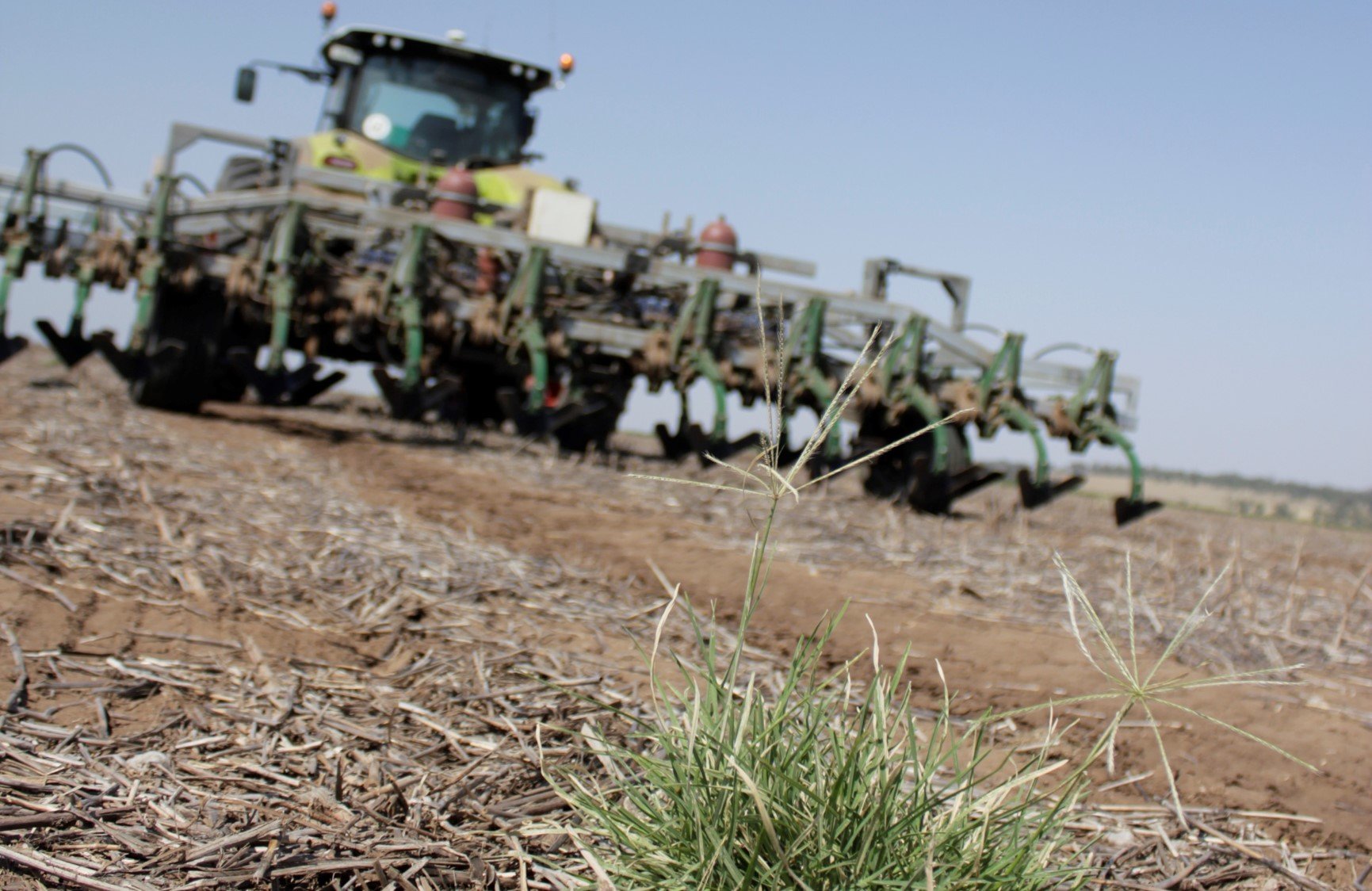
Phd Opportunity:
Engineering Alternative Site-Specific Weed Control Technologies for WA Grain Production Systems




PROJECT DESCRIPTION
The widespread adoption of Harvest Weed Seed Control (HWSC) systems in herbicide based weed management programs has allowed Western Australian grain growers to reduce and maintain in-crop weed populations at very low levels (<1.0 plant m-2) despite the high frequency of herbicide resistance. Low weed densities create the opportunity to reduce their herbicide use and therefore, weed control costs, restrict selection pressure for herbicide resistance and address public concerns on excessive in-crop herbicide use. However, weed populations although occurring at low densities, remain present in cropping fields requiring ongoing control treatment to prevent potentially rapid population growth. Consequently, growers have been reluctant to scale back in-crop herbicide applications despite achieving very low weed densities.
Advances in weed recognition have created the potential for in-crop site-specific weed control (SSWC) in Western Australian grain cropping systems with improved computational processing, machine-learning (ML) performance enabling digital image based weed recognition systems. The availability of suitably accurate in-crop weed recognition allows the selective targeting of weeds with non-selective physical and thermal weed control treatments, expanding the options for in-crop weed control. A SSWC approach enables growers to reduce inputs of weed control treatments, chemical and non-chemical, by up to 90%, depending on the weed density. The opportunity for these substantial savings and the introduction of a wide range of novel control tactics are driving the future of weed management towards site-specific weed control.
Agricultural engineers at UWA worked closely with weed scientists, grain growers and the weed control industry to develop the Weed Chipper a targeted tillage approach to SSWC for fallow and pre-cropping phases of grain production. This work also culminated in the formation of CEI:AgER.
The current project will partner CEI:AgER expertise with a multidisciplinary team comprising ag-engineers, grain producers, weed scientists and software developers to develop the site-specific application of alternative technology based weed control solutions. Technological approaches to be explored could include tillage, lasers, electrocution, abrasion, waterjet cutting, etc. Potential research areas include economics/value proposition modelling, weed-crop plant distribution and influences on technology viability, technology and/or machine performance, modelling, testing.
PROJECT DETAILS
Project Lead
Dr Andrew Guzzomi
Applicant Eligibility Criteria
First Class Honours OR Masters Degree in a relevant field (e.g. engineering, biology, botany, physics, mathematics, etc.) and/or demonstrated industry experience in a relevant field.
Project Start Date
ASAP
Expressions of Interest
Send us an email and tell us a bit about yourself and why you want to get involved.





